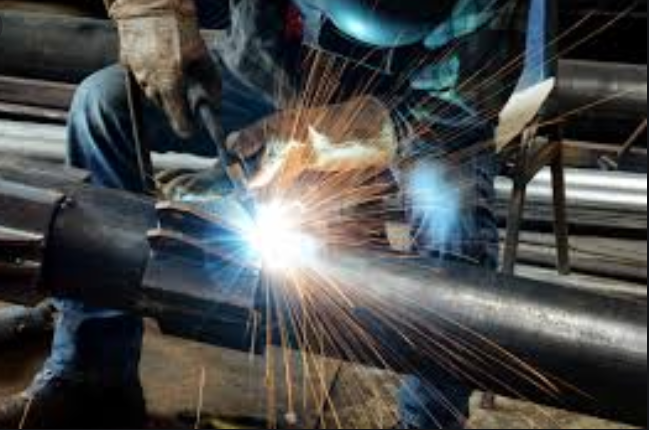Welding is challenging work and requires specialized knowledge. It is about melting metal parts, nothing more and nothing less. The dimension and importance of studying welding for key sectors of a country’s economy and developmentare already understood. Among them are industry, electronics, construction, and everything that has to do with metallic structures.

It is a technical specialty that provides industrial processes training, one of the most important and fastest growing fields in all countries. Therefore, it is always on the lookout for employees and guarantees must-see job opportunities and career development opportunities. Mechanical manufacturing is another area that has proven to require more and more specialized personnel.
Studying welding will allow you to specialize in the knowledge of materials, their behavior, and provide you with basic engineering, chemistry, physics, and technological equipment in the area. This area requires students with a broad capacity for logical, creative, and skillful reasoning to solve problems and do manual, practical and analytical work.
A profession always in high demand
In countries where the crisis has affected employment, welders and construction workers have always remained among the most demanded. In fact, in countries that have been hit by economic crises, professionals with university degrees have faced difficulties finding employment; the labor market increasingly receives and calls on technicians and specialists in industrial activities.
There have been machine factories that have stopped their expansion plans due to not having enough welders, or technical personnel specialized in the mechanical industry. Specialists in welding, boilermakers, toolmakers, turners, mill workers, or ironers are among this group of well-valued professionals in the labor market.
Benefits of being a welder
Studying welding opens the way for many trades and more, and that high demand also implies higher than average salaries. Factories and industries of all kinds, public and private, including the automotive, electrical, metallic, metallurgical, aeronautical, goldsmith, oil, mechanical, technology, and communications sectors, always require these specialists.